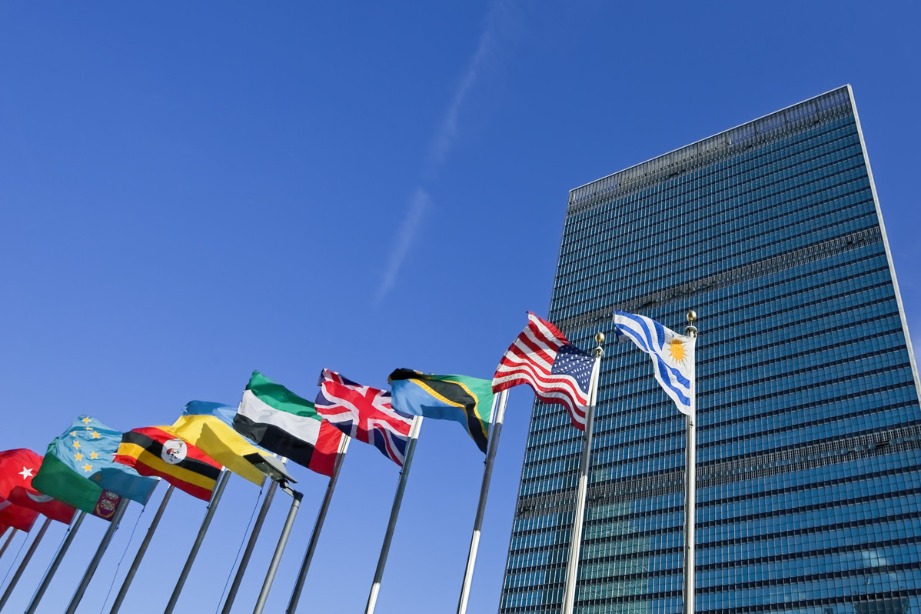Equitable public services key to common prosperity


Editor's note: The 20th Central Committee of the Communist Party of China convened its fourth plenary session last week. Participants deliberated over and adopted the Recommendations of the CPC Central Committee for Formulating the 15th Five-Year Plan (2026-30) for Economic and Social Development. One of the recommendations is to ensure and improve public well-being. Ma Liang, a professor at Peking University's School of Government, spoke to the 21st Century Business Herald about it. Below are excerpts from the interview. The views don't necessarily represent those of China Daily.
Ordinary people are mostly concerned with social security and public services, especially education, healthcare, elderly care and childcare, which require greater fiscal input and innovation in delivery models.
The scope and standards of basic public services should be continuously upgraded and expanded in step with economic and social development. In the next five years, the existing catalogue of basic public services will be further strengthened with increased emphasis on the needs of the elderly and children. At the same time, the quality of previously covered basic public-service items can be raised to higher standards.
Promoting high-quality development of the real-estate sector emphasizes that housing should return to its functional role of better meeting people's demand for quality housing. The industry is important to economic and social development and developers are called upon to change their development models to promote the sector's transformation and upgrading.
The unimpeded channels of social mobility can help people shun rat-race competition. For instance, providing more flexible, effective and targeted vocational training will give people the chance to switch tracks, while eliminating workplace discrimination on the basis of gender, education or age will allow fairer competition, ensuring a more robust minimum wage and basic public-service guarantees.
The equitable access to basic public services involves fiscal input, infrastructure, human resources and service quality. The challenge lies in ensuring quantity and quality when fiscal conditions are tight, thereby delivering on basic public-service supply.
Meanwhile, permanent residence systems are required to provide basic public services, but in many Chinese cities a large number of migrant workers do not hold local hukou, or permanent household registration, and thus do not enjoy public-service rights. Building on successful pilot programs in some places, China has a window of opportunity to advance reform of the urban-rural binary structure and improve the institutional mechanisms for integrated development.
Promoting equal rights for eligible migrant workers in social insurance, housing support and access to compulsory education for their children will accelerate the urban citizenship of migrant worker populations and truly foster a new type of urbanization that advances urban-rural integration.
The promotion of common prosperity for all hinges on high-quality economic development. Common prosperity can be advanced in a concrete way alongside high-quality development through the reform of the hukou system and migrant workers' integration into cities. At the same time, agricultural development and rural vitalization are essential to raise farmers' incomes and narrow the urban-rural gap, and only by enabling farmers to become prosperous can the goal of common prosperity for all be realized.
Currently, the allocation of fiscal transfers, institutional arrangements and human resources for many public services is still determined by the hukou population. Shifting to a resident-population standard will require comprehensive reform, but when it happens more people will gravitate toward areas offering better public services. This will increase the role of market competition in public-service provision and help drive an improvement in quality.

































